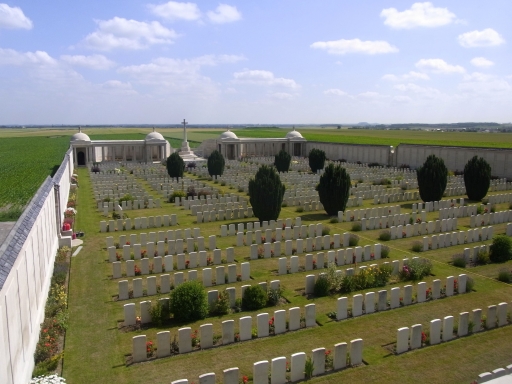The British Army used poison gas for the first time at the Battle of Loos, part of a new Allied attempt to break through the German positions in Artois and Champagne.
In some places, the chlorine drifted back, affecting British troops in their own lines.
Loos also saw the first large-scale use of Lord Kitchener’s ‘New Army’ of volunteers, raised by the British War Minister in anticipation of a long conflict.
Delays in the launch of the offensive allowed the Germans to strengthen their defences.
After several of weeks of fighting, the British had lost up to 60,000 men casualties (men killed, wounded or missing) and made negligible gains. German losses were around 26,000.
John Kipling, only son of the British author Rudyard Kipling, was among the dead.
A row about the deployment of reserves at Loos culminated in December 1915 with Sir Douglas Haig replacing Sir John French as British commander-in-chief in France.
Posted by: Peter Alhadeff, Centenary News
